Is Quick Credit Repair Even Possible?
Many of us look for the quickest and easiest way of getting things done. You might be wondering
if this also applies to fixing your credit report. Is quick credit repair even possible?
There are some methods of credit repair that are most definitely quick, but aren’t permanent
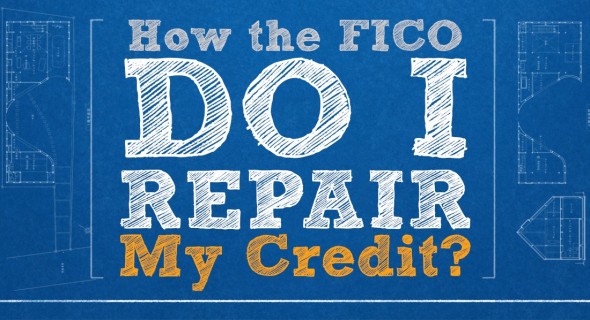
Quick Credit Repair
and some are even illegal.
Be wary of anyone offering these quick credit repair techniques.
Technique #1 The “clean slate” approach.If a company advertizes something like “Quick credit
repair – improve your score in 24 hours”,don’t fall for it. What happens here is
a brand new credit report is established in your name under a different “social security
number.” But it’s not really an Social Security Number; it’s an Employer Identification
Number or EIN issued by the IRS – it has the same 9-digit format as a Social Security Number
and can often be mistaken as such. You then use this new number on credit and other applications,
making sure the new “clean slate” report is the one that gets pulled.The first problem
with this quick credit repair method is that it’s illegal. Lying about personal information
on a loan application is communications fraud.If you get caught you could face steep fines
or even jail time.
The second problem with this quick credit repair method is that it’s
suspicious. If you, at your stage in life,should have an established credit file but
instead have a brand new one with nothing on it – that looks suspicious to most lenders.
In addition, no credit history can be just as detrimental as a damaged credit history.
Creditors want to see an established history that demonstrates your credit worthiness that
matches your age and experience before they lend you money. And no credit history or a
suspicious one usually means no loan.
 Technique #2 The rapid rescore approach. There are legitimate
Technique #2 The rapid rescore approach. There are legitimate
companies that can get your score re-calculated in a few days but you have to go through a
mortgage broker or lender to do it. Rapid rescoring is intended to help potential home
buyers quickly improve their credit score in order to qualify for a home loan with the
best rates possible.
While rapid rescoring can be an effective and quick credit repair
method, the results are generally temporary and sometimes fail.
How it works is the rescoring
company disputes negative items and mistakes on your credit report with a local reporting
bureau. The local credit bureau will remove the items temporarily if they view the reasons
for doing so and/or documentation regarding the dispute are valid and within the law.

Quick Credit Repair
Temporarily removing these negative items,then recalculating your credit score and rating
will give your score a substantial boost.
Mortgage brokers will quickly apply for loans
during this short period while your score is still high. It is legal, but it is often
temporary and sometimes fails altogether.There are really no other quick and permanent credit
repair tactics. Effective, long-term results can be achieved, but it will take some time
and patience.
You can do it yourself, – Or you can hire a third-party quick credit repair company
who can typically get things done quicker than if you were to go at it alone. Thank
you for reading my article, and good luck.


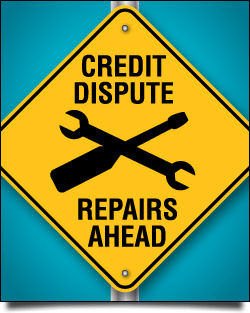 You should be aware the credit reporting agencies are massive corporations and have spent a
You should be aware the credit reporting agencies are massive corporations and have spent a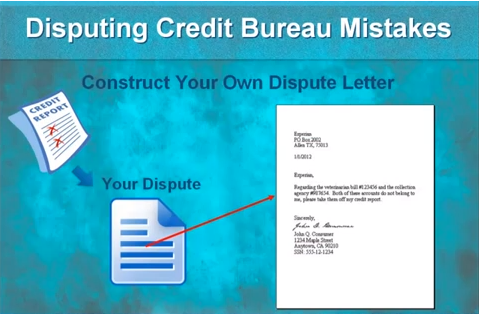
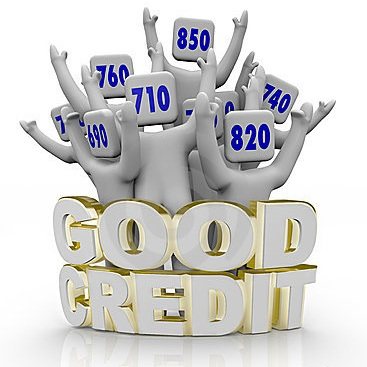
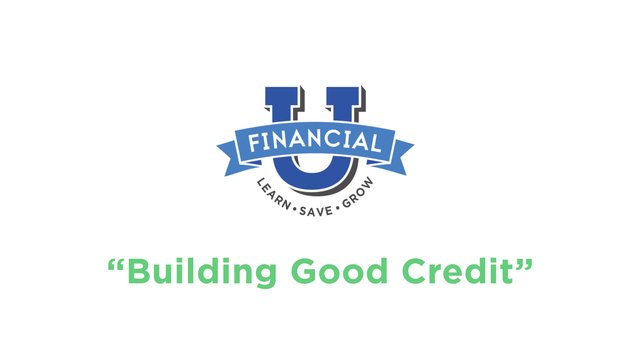 The next piece is how much you owe as a percentage of the
The next piece is how much you owe as a percentage of the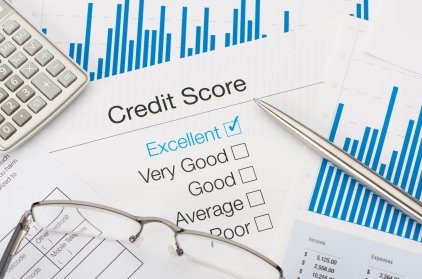 And second, it can cause your ratio of
And second, it can cause your ratio of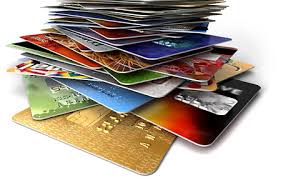 Many people have adopted a frugal lifestyle lately to help
Many people have adopted a frugal lifestyle lately to help Further complicating matters is the age of the card someone chooses to close. The amount
Further complicating matters is the age of the card someone chooses to close. The amount